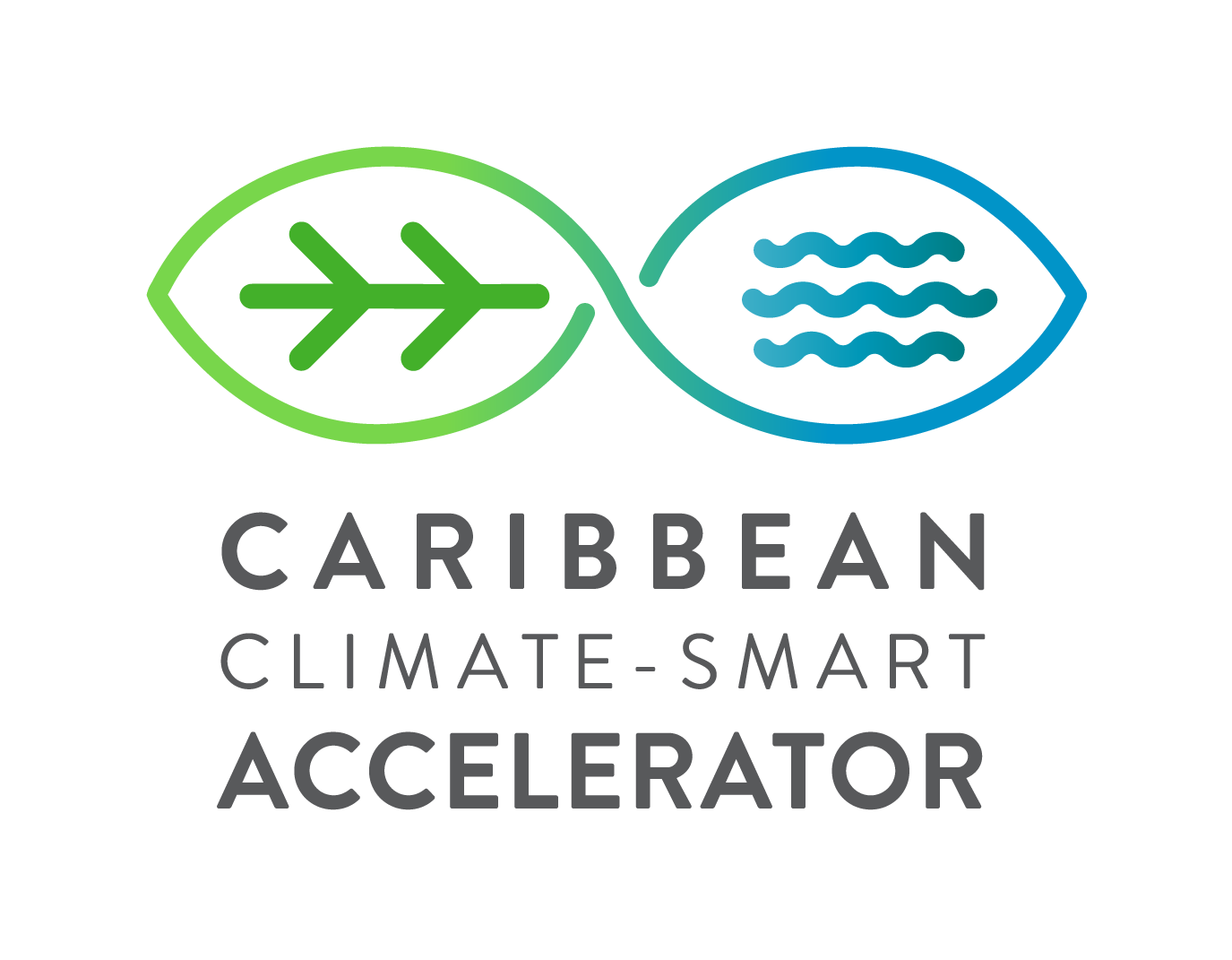The latest Intergovernmental Panel on Climate Change (IPCC) report explains plainly that the window is rapidly closing for governments to limit global temperature rise to 1.5 °C. To reach this goal, we must all work together and drastically reduce carbon emissions. While the Caribbean produces a minute amount of global emissions, the region is also an incubator for sustainable solutions. From agro-tourism to renewable energy and micromobility, countries and territories around the Caribbean are showcasing the future of low-carbon development.
Leading by Example
The Caribbean can be the first global Climate-Smart Zone. Our communities already have all the knowledge, innovation and drive needed to take the region to new heights. This is highlighted best by the fact that two of the five 2021 Earthshot Prize winners were from the Caribbean! However, while the region has most of the tools at its disposal to become a sustainable development powerhouse, our potential is only limited by the amount of collaboration we engage in both domestically and internationally.
At the UN climate conference in Glasgow, COP26, last year, it was clear that there needed to be more cross-sectoral partnerships between governments, financial institutions, entrepreneurs, and academia. As Barbados Prime Minister Mia Mottley expressed at the time, “Many hands make light work, today we need the correct mix of voices and ambition.” While many were underwhelmed by the results of the conference – one thing that emerged was clear, the Caribbean should not wait for international public governance to act on climate issues.
However, the private sector displayed an appetite for collaboration. Throughout COP26, private investors and financiers showed that they were ready to get more involved in climate finance, and were capable of mobilizing funds and spurring action at a faster rate to help support public policies. This development saw the Caribbean once again in a position to showcase best practice, and highlight how effective private finance can meet resilience and mitigation goals.
Caribbean Excellence
The Caribbean Climate-Smart Accelerator has supported many collaborative initiatives between private financiers and the public sector, such as our resilience scorecard or the region’s 30×30 target. In each case, the Caribbean’s knowledge and leadership is on full display. The scorecard creates opportunities for governments and communities to identify gaps in resilience and adaptation, enabling them to create an efficient development plan that can be funded by private finance. Another example, the Caribbean 30×30 target is part of a larger global push to protect 30% of the Earth’s land and oceans by 2030, and has the ability to future-proof the region’s economy.
In order for programs like these to work, however, collaboration is key – the more stakeholders engage, the stronger the action, and the better the benefits. Grenadian Minister Simon Stiell and Jamaican Minister, Senator Matthew Samuda explain in an Op:Ed on the 30×30, “Our collective voice is still much too subdued. To have a real impact, 30×30 requires everyone in our region to do their part. We gain more through one Caribbean battle cry. We’ve already shown the world our willingness to transition from small island nations to sustainable and resilient large ocean states.”
Concerted Climate Action
In a recent publication in Nature, researchers pointed to the Global South as the ‘unsung heroes’ of climate action. “The Global North should recognize Global South countries for the strides they have taken, particularly given that the Global North’s historic and current emissions form the bulk of atmospheric GHG concentrations. Despite these challenges, Global South nations are mobilizing innovative solutions to cut emissions across all sectors,” the authors opine, “New financial instruments are being developed across the Global South to stimulate further green innovation.” The world needs to hear our voices more clearly.
It is for this reason that the CCSA has been engaged in events around the world to highlight our communities’ innovations and foster and develop collaboration opportunities with global stakeholders. We have been involved regionally in efforts to build the Caribbean’s resilience and adaptation capacity, as well as overseas to secure new funding opportunities. Recently, the region was well represented in Dubai at the Caribbean Investment Forum (CIF) and Global Business Forum (GBF), where investors were interested in learning more about the sustainable solutions being developed on our shores.
Setting the Tone
From Aruba to Jamaica and St Kitts and Nevis, the entire Caribbean region is working towards creating a better future for its communities. The latest IPCC report highlights the need for more collaboration on a global scale to meet climate goals, and the Caribbean has been a shining example of stakeholder engagement and inter-sectoral partnerships – and we can improve! While we may not produce many emissions, we are certainly feeling the effects of them, but that is only emboldening our resolve to find workable sustainable solutions capable of being emulated by the global community.






